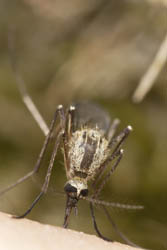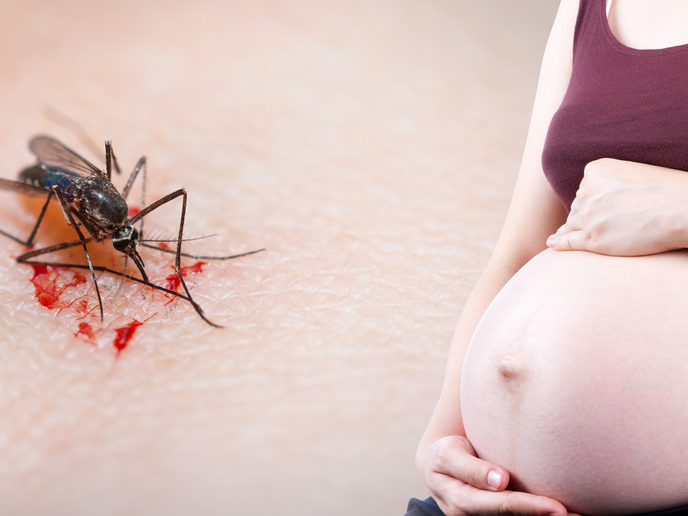Eradicating malaria risk during pregnancy
Plasmodium vivax (P. vivax) is the most common and widely distributed human malaria parasite, causing up to 80 million cases of the disease annually. The majority of these infections occur in Central and South America, Asia and the Western Pacific, and the Middle East. It has been estimated that 93 million pregnancies occurred in these endemic areas in 2007, putting both mother and unborn child at risk. The health and economic impacts associated with P. vivax, while not fully established, are likely to be considerable. In this context, the EU-funded 'Plasmodium vivax infection in pregnancy' (PREGVAX) project sought to bring together researchers and field experts to better understand the effects of P. vivax infection during pregnancy. Almost 10 000 pregnant women were enrolled at various project sites during routine antenatal care visits. A database was then built up from 98 000 questionnaires and almost 77 000 biological samples. This enabled the project to provide accurate data on the real burden and impact of P. vivax malaria during pregnancy. Another outcome was a better understanding of the mechanisms involved. While the prevalence of P. vivax malaria detected by microscopy during pregnancy was low across sites, molecular diagnosis detected substantially more P. vivax infections. This suggests a high proportion of sub-microscopic infections. The findings also demonstrated that maternal P. vivax infection still occurs in areas that are on the way towards malaria elimination. This can be associated with detrimental health effects for the unborn child. Results of the PREGVAX project should contribute significantly to improved malaria control in risk areas and the development of more effective drugs and vaccines. This is very much in line with the current World Health Organization (WHO) goal of developing an evidence-driven global strategic plan to control and eventually eliminate P. vivax.







